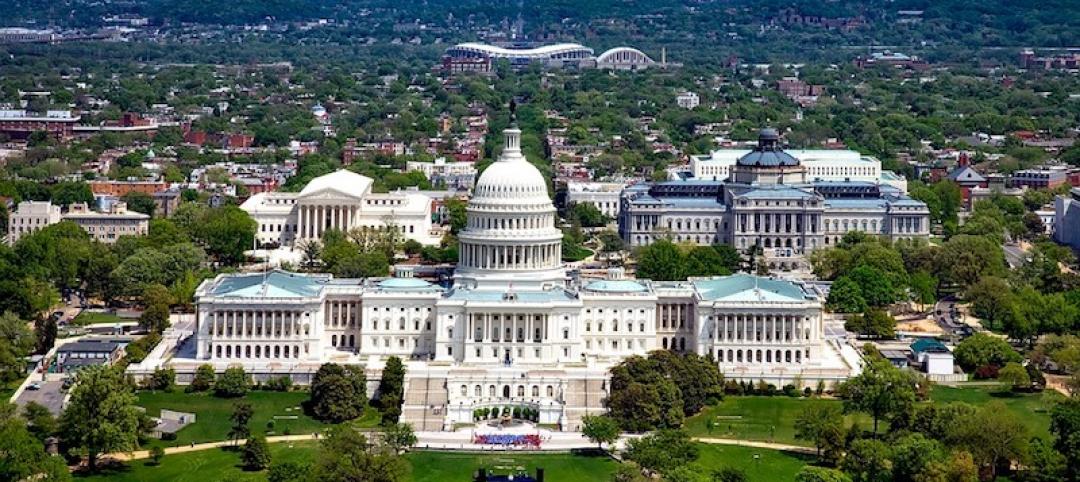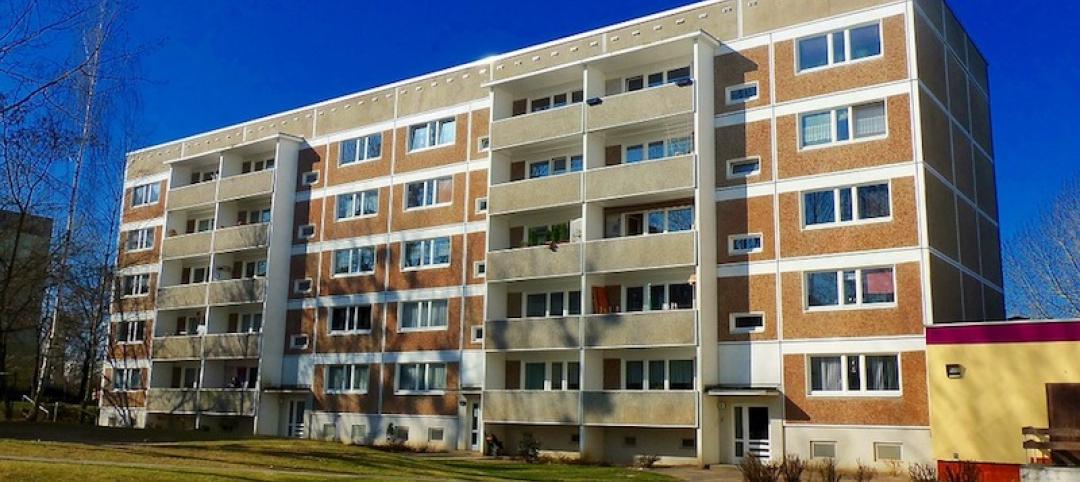A new report by the Union of Concerned Scientists (UCS) pinpoints portions of the U.S. at greatest risk of declining residential and commercial property values, and diminished city and county tax revenue due to flooding attributed to sea level rise.
The areas impacted face worse high tide flooding due to the effects of climate change, UCS says. The findings are the result of peer-reviewed analysis that used ZIP-code-by-ZIP-code data from Zillow Property Data.
The states found to be most at risk of flooding from rising seas are: Delaware, Georgia, Louisiana, Maryland, Massachusetts, New Jersey, New York, North Carolina, South Carolina, Texas, and Virginia. As much as 70% of some municipalities’ property tax bases could be at risk.
The analysis also provides risk assessment according to:
— Number of homes and commercial properties (by state and zip code).
— Current values of properties.
— The amount of money the properties contribute in annual property taxes, which fund schools, roads, and emergency services.
— How many properties could be spared if warming is limited to below 2 degrees Celsius.
— Near- and long-term impact projections, including within the next 30 years.
— Identification of areas where coastal property owners might experience recurring flooding so severe it limits their ability to live or work in these properties.
Related Stories
Codes and Standards | Jan 10, 2019
Ontario building first to achieve zero-carbon designation by Canada GBC
Geothermal heating, living wall among notable features.
Codes and Standards | Jan 9, 2019
Policymakers need to act to alleviate affordable housing crunch
Moody’s economist says costs including mortgage rates worsening situation.
Codes and Standards | Jan 8, 2019
Pittsburgh launches task force on construction industry fraud
Focus will be on wage violations.
Codes and Standards | Jan 7, 2019
Program uses low-cost sensors to monitor impact of stormwater mitigation systems
University/municipal partnership in Philadelphia aims to improve green infrastructure design.
Codes and Standards | Jan 7, 2019
Washington, D.C., to transition to 100% renewable energy by 2032
Includes measures to reduce emissions from buildings and transportation.
Codes and Standards | Jan 4, 2019
Canada’s National Building Code will include climate change obligations
New durability requirements for new buildings in the works.
Codes and Standards | Jan 4, 2019
LEED v4.1 beta registration begins in January
First releases are O+M, BD+C, and ID+C.
Codes and Standards | Jan 3, 2019
U.S. Appeals Court says general contractors can be cited for subcontractor violations
Ruling will prompt review of OSH decision that said GCs cannot be held liable for subs’ violations.
Codes and Standards | Jan 3, 2019
Tall mass timber code changes receive final approval
New provisions to be included in the 2021 International Building Code.
Codes and Standards | Jan 2, 2019
ASHRAE’s Low-Rise Residential Buildings standard update now available
Performance measures are at least 50% more efficient than 2006 IECC.
















